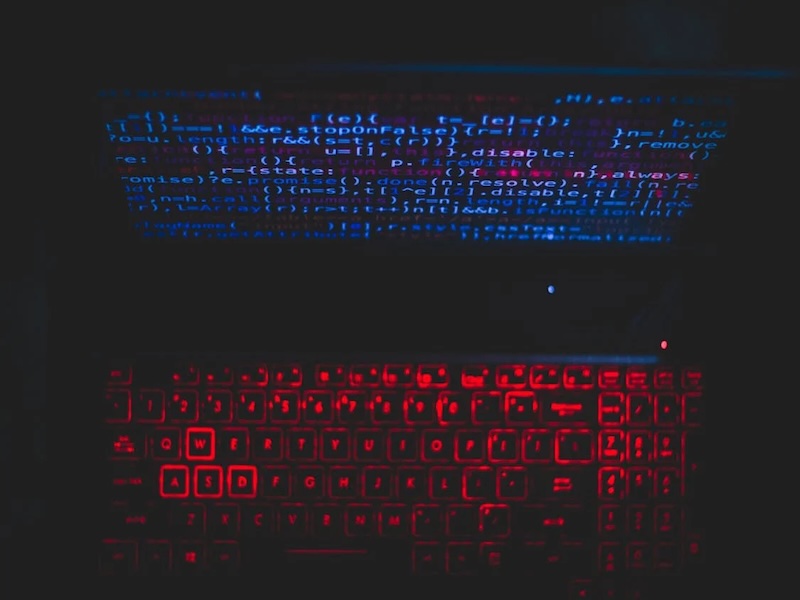This year was a big moment for science and technology (S&T) within NATO. On July 1, 2025, the Alliance designated Steen Søndergaard as its new Chief Scientist, taking over from Dr. Bryan Wells in order to bring a fresh approach to NATO’s S&T efforts. At the 2025 NATO Summit at The Hague, the Allies agreed Read More…
Alexander Martin
AI-Powered Mis/Disinformation War
In today’s digital age, mis-and disinformation has become pervasive, fueled by advancements in AI and deep-fake technology, while the centralized nature of social media platforms accelerates its spread, amplifying false narratives to vast audiences with unprecedented speed. NATO recognized this growing threat to democracy during the Washington Summit last summer, emphasizing its critical impact in Read More…
Blockchain in the Trump Era: Shaping the Future of Global Economy and Security
As the global landscape shifts under the Trump Administration, it is characterized by increasing political polarization, a focus on deregulation, and a growing interest in digital currencies and blockchain technologies. As a result, attention is now being paid to how these innovations could reshape the global economy and national security. The rising interest in digital Read More…
The Digital Battlefield: How China’s Cyber Program Is Reshaping National Security
On Sunday, January 19th, TikTok, the app that has captivated millions, was expected to shut down its operations in the U.S. This follows a sweeping federal ban sparked by a new law demanding that ByteDance, the Chinese company behind TikTok, divest from the app. Canada, too, is stepping up its scrutiny, forcing TikTok to close Read More…
Mis/Disinformation and Polarization Online: Protecting Canada’s Democracy in the Digital Age
This is an era where information warfare is evolving at an unprecedented pace. The digital landscape, marked by rapid shifts, such as the acquisition of Twitter (now X), the Cambridge Analytica scandal, and targeted disinformation campaigns, has exposed the increasing vulnerability of democracies, particularly in the Global North. NATO distinguishes between “misinformation”—false or inaccurate information Read More…





